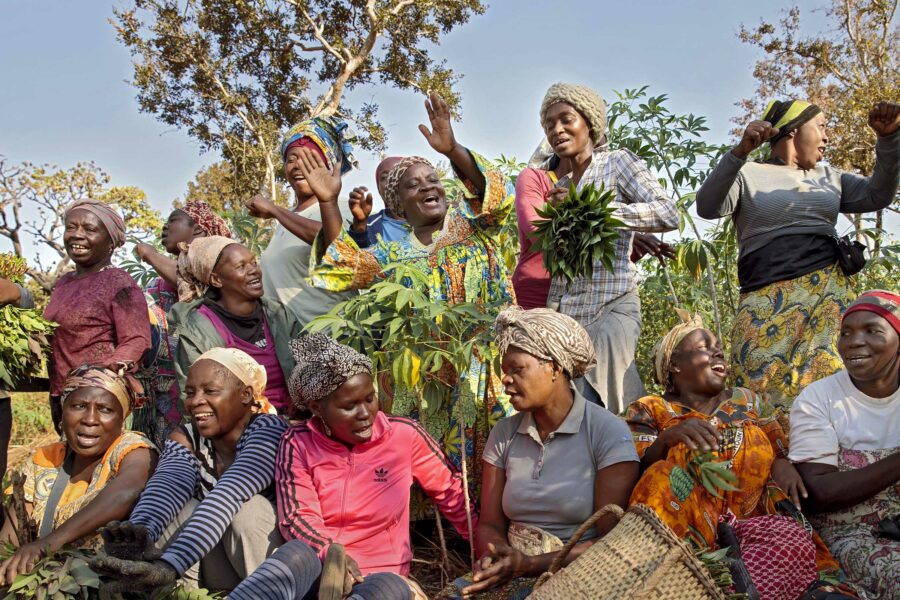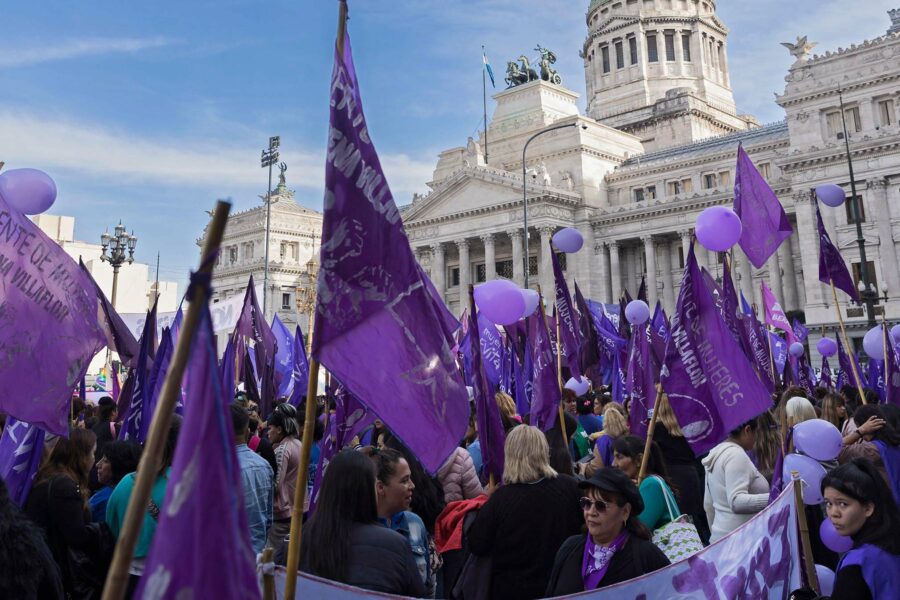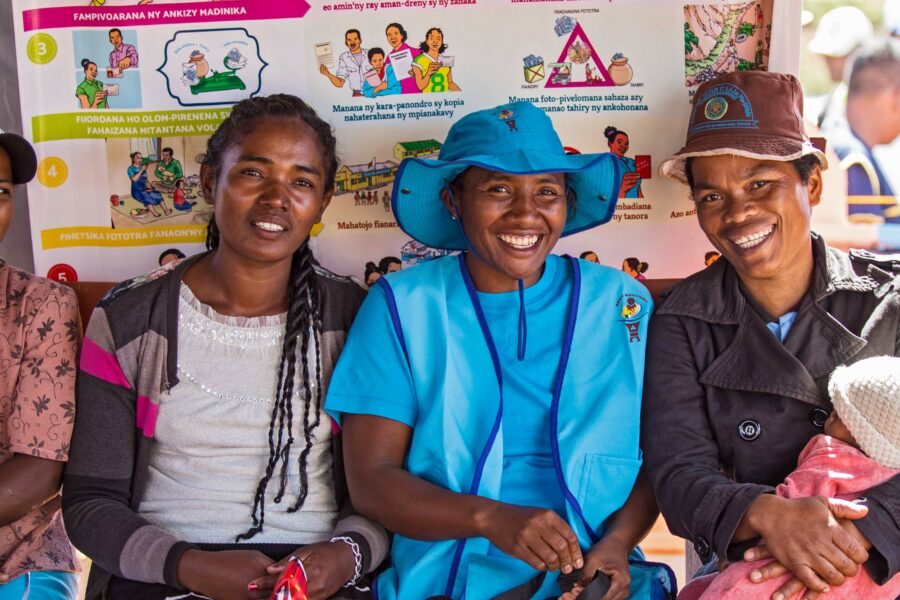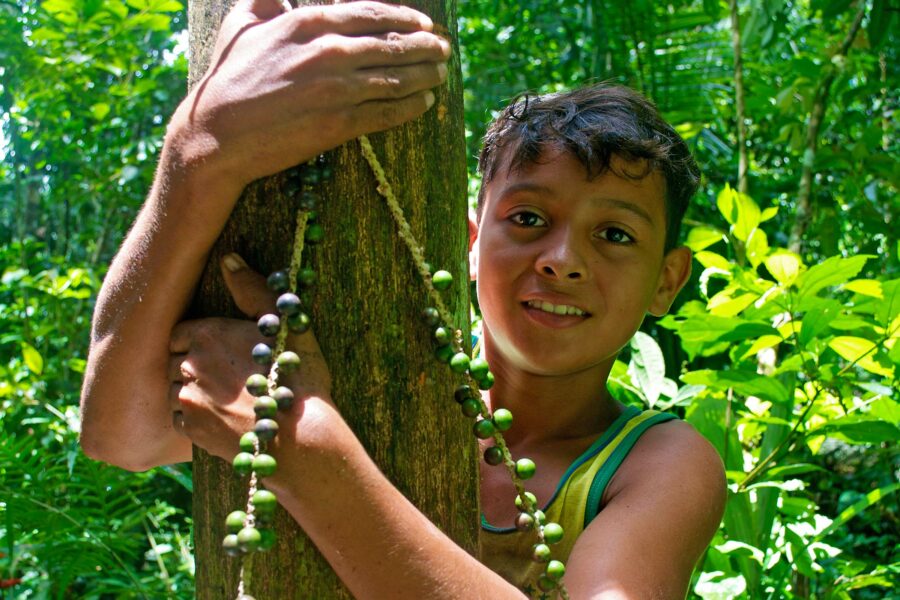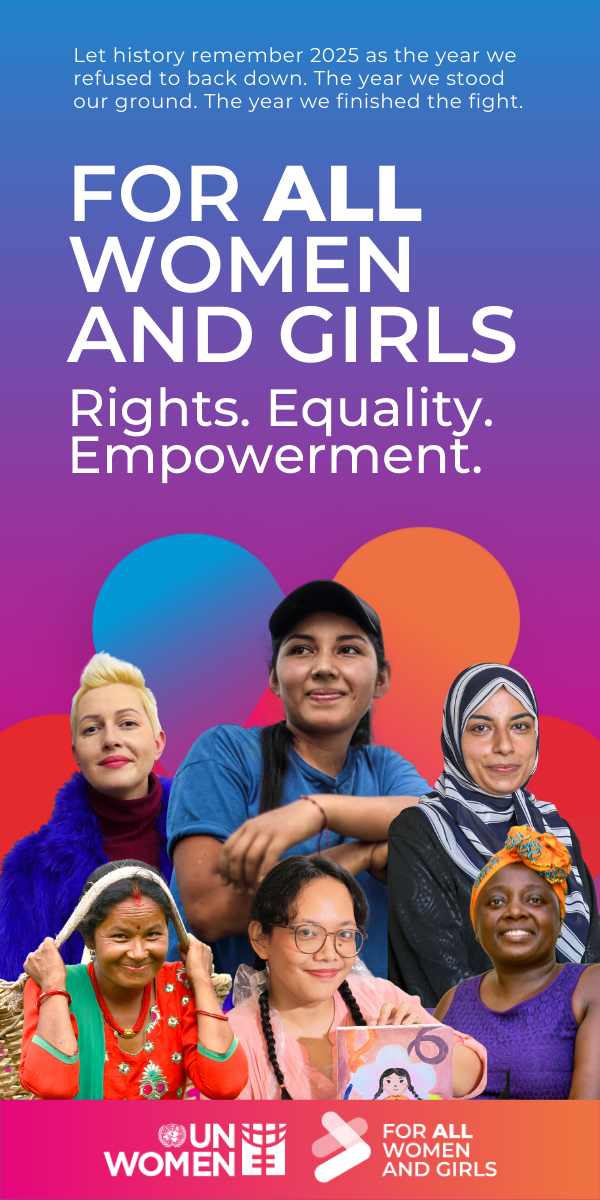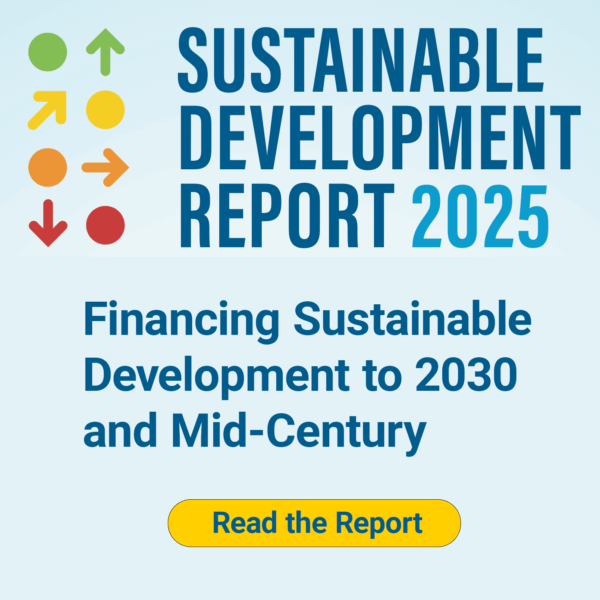Advancing the SDGs amid fragility and violence
Peace and security — Global
Achieving the SDGs in fragile, violent, and/or corrupt states represents a daunting challenge – but not an impossible one. Success calls for a tailored, multi-pronged approach that addresses the fundamental interplay between poverty and conflict









